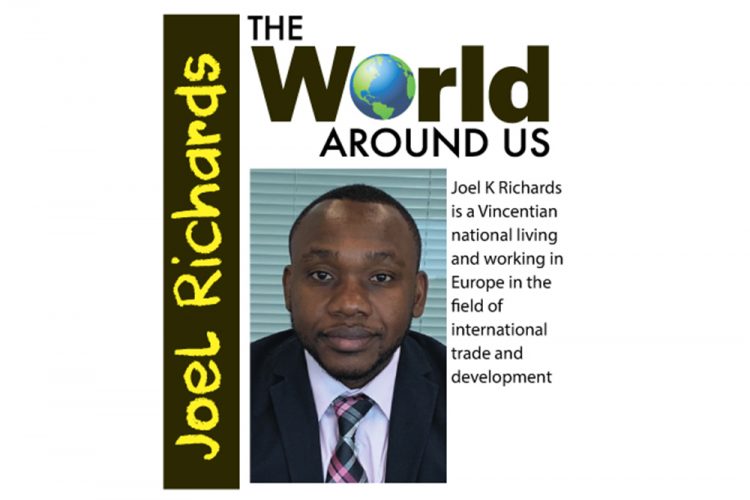Facts, misinformation and disinformation

WE LIVE IN an age of information. Since the beginning of human civilisation, the current generation has perhaps been the most fortunate as it relates to the ease of access to information. At the click of a mouse or the tap of a screen, troves of content can be found on just about any topic we can think of. Yet, many still forego facts and instead embrace misinformation and disinformation.
A fact is something that is based on objective reality or is known or proven to be true. Misinformation is false information that is spread, irrespective of whether the intent is to mislead or deceive the recipient. Disinformation is knowingly spreading misinformation, with the objective of manipulating or deceiving the recipient.
To give an example of the ridiculous, a couple years ago, QAnon, a farright conspiracy movement in the United States (US), created and spread a rumour, believed by many on the far-right, that Democrats murdered and ate children, that the government created AIDS, polio and lyme disease, and that the world is run by a Satanic cabal led by Hillary Clinton. This is disinformation at its best.
There are many important facts at play today which are subject to misinformation and disinformation. For example, an established fact is that climate change is occurring, and its cause is linked to human activity. This notwithstanding, there are climate deniers who not only refuse to acknowledge the causal link to human activity, but who also refuse to believe that the planet is heating up.
Another fact relates to vaccines. It has been proven to be true that vaccines are effective at eliminating or reducing the prevalence of diseases. Polio, measles, mumps, rubella, diphtheria, pertussis (whooping cough) and several other diseases are largely absent from our vocabulary today because of the effectiveness of vaccines.
Although vaccines have proven to be highly effective in the past, waves of misinformation and disinformation are driving hesitancy and outright resistance to the novel coronavirus (COVID-19) vaccines. Considering this state of affairs, it might be instructive to differentiate between the facts and fictions of this particular vaccine.
Approved COVID-19 vaccines are generally safe and effective, and the science largely supports these assertions. The vaccines are safe in that they
have been subject to the scientific rigours of testing and monitoring and based on scientific knowledge that has existed for many decades. It has also been proven that they are effective at preventing the virus and in the event that a fully vaccinated individual becomes infected, the vaccines also reduce the risk of transmission to others, while also reducing the risk of the individual becoming severely ill.
It is true that some persons who have been fully vaccinated against COVID-19 have died, some have transmitted the virus to others, and some have also encountered complications or adverse reactions from some vaccines. These cases are unfortunate, however, the overwhelming evidence points to the fact that COVID-19 vaccines largely perform the job for which they were made.
What is not true about the COVID-19 vaccines is that they do not contain any electronic chips or tracking devices; they are not the mark of the beast; they are not a form of population control; and they are not linked to a shady one world government bent on controlling humanity. These assertions are based on misinformation and disinformation.
There is also a much bigger and perhaps even more concerning story behind the ease with which misinformation and disinformation are spread and embraced. That story is that around the world, a trust deficit exists. People are now much more inclined to distrust experts, politicians, scientists, corporations and institutions. Of course, this is no excuse for persons to believe every outlandish theory that exists. However, the spread of misinformation and disinformation would only be curbed when the trust deficit becomes a trust dividend. This notwithstanding, individuals must also accept personal responsibility to decipher fact from fiction and do what is best not only for themselves, but also the good of society.
Joel K Richards is a Vincentian national living and working in Europe in the field of international trade and development.
Email: joelkmrichards@ gmail.com









